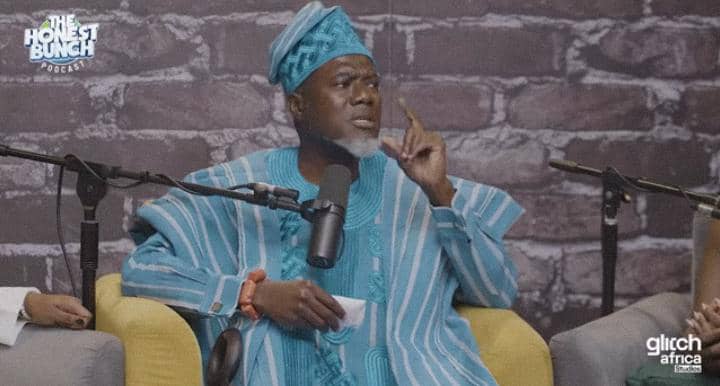The recent clash between Reno Omokri, a former aide to President Goodluck Jonathan, and Segun Showunmi, former spokesperson for Atiku Abubakar, has ignited a public debate concerning the actual circumstances of Showunmi’s employment within Atiku’s media team during the 2019 presidential campaign. The controversy erupted following Omokri’s assertions during an appearance on The Honest Bunch podcast, where he claimed to have orchestrated Showunmi’s hiring, including the interview process and salary negotiations. This statement sparked a swift and vehement denial from Showunmi, who labeled Omokri’s account as “rubbish” and “delusional.”
Showunmi provided a counter-narrative of his employment process, emphasizing his direct interactions with Atiku Abubakar, facilitated by Amina Jambo and Lulu Obaifo. He detailed subsequent meetings with Uyi Giwa Osagie, Atiku’s Chief of Staff, and mentioned discussions with Ogd, a contact in Dubai, leading to an eventual agreement with Atiku himself. Showunmi further underscored his involvement with Dane Waters of Met Eta Uso and Yemi Hilda, painting a picture of a complex hiring process that significantly downplayed Omokri’s purported role. His detailed recounting aimed to establish a direct line of communication with Atiku and his inner circle, thereby challenging Omokri’s claim of being the central figure in his recruitment.
Omokri’s statement, delivered during a wide-ranging discussion on the podcast, encompassed various aspects of his professional and political life, including his financial successes, his relationships with prominent figures like Atiku Abubakar and Goodluck Jonathan, and his current support for President Bola Tinubu. However, his specific remarks about Showunmi’s hiring quickly became the focal point of contention. His assertion of having “hired” Showunmi implied a level of authority and involvement that Showunmi vehemently disputed, leading to the public exchange of conflicting narratives.
Showunmi’s sharp rebuke of Omokri’s claims was further amplified by his dismissal of Omokri’s general credibility, labeling him a purveyor of “trash” and “rubbish.” He referenced past instances where he believed Omokri had made unsubstantiated allegations, seemingly suggesting a pattern of questionable statements from Omokri. This personal attack underscored the intensity of Showunmi’s denial and served to frame the dispute not merely as a factual disagreement, but also a clash of personalities and credibility. He challenged anyone listening to Omokri to question his motives and the veracity of his statements.
The contrasting accounts offered by Omokri and Showunmi highlight the often-murky nature of political appointments and the potential for differing interpretations of events. The lack of documented evidence supporting either side’s claims makes it challenging to definitively ascertain the truth. The public nature of the dispute further complicates matters, as each individual’s reputation and credibility are now intertwined with the veracity of their respective accounts.
This incident underscores the importance of verifying information, particularly in the politically charged atmosphere where narratives can be easily manipulated and disseminated. It serves as a reminder that even seemingly minor details within political circles can become subjects of contention and potentially contribute to larger power struggles. The clash between Omokri and Showunmi provides a glimpse into the intricacies of political relationships and the potential for conflicting memories and interpretations to fuel public disagreements.














